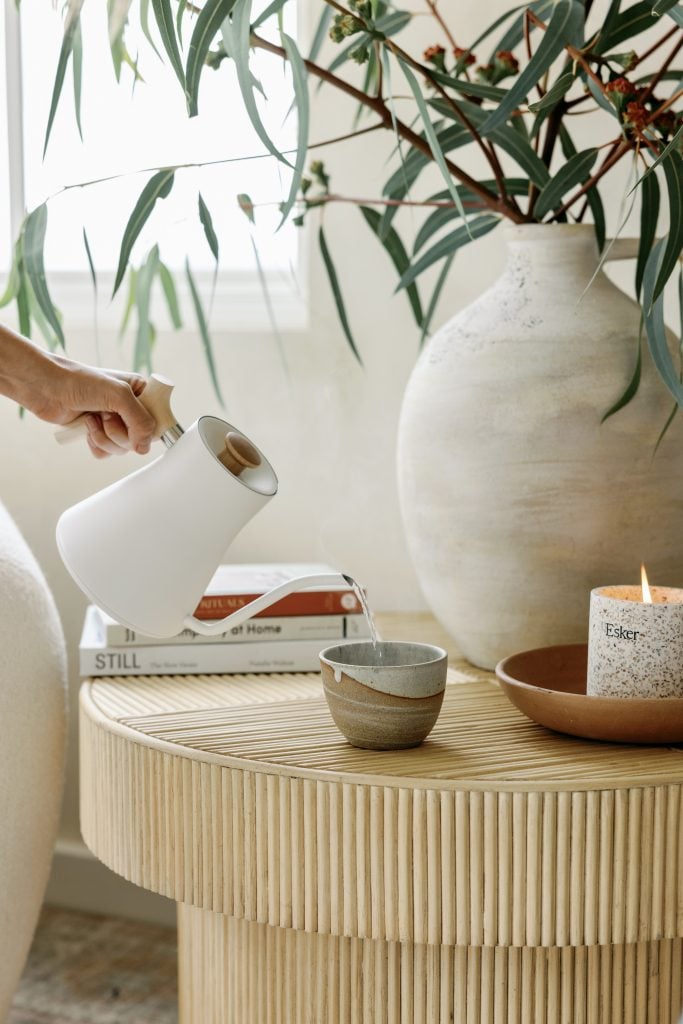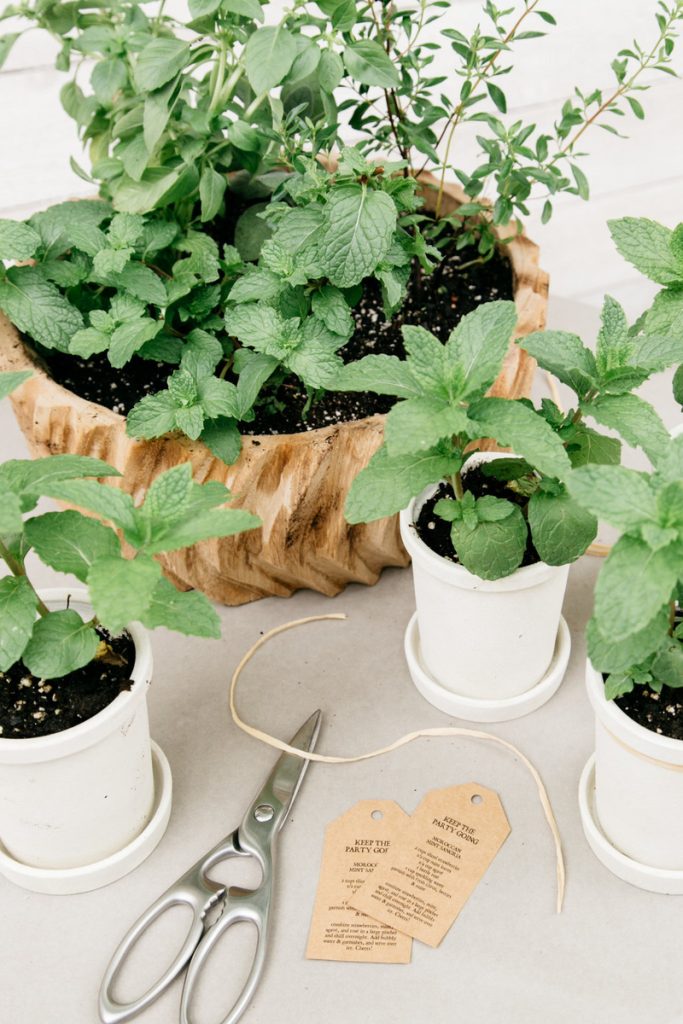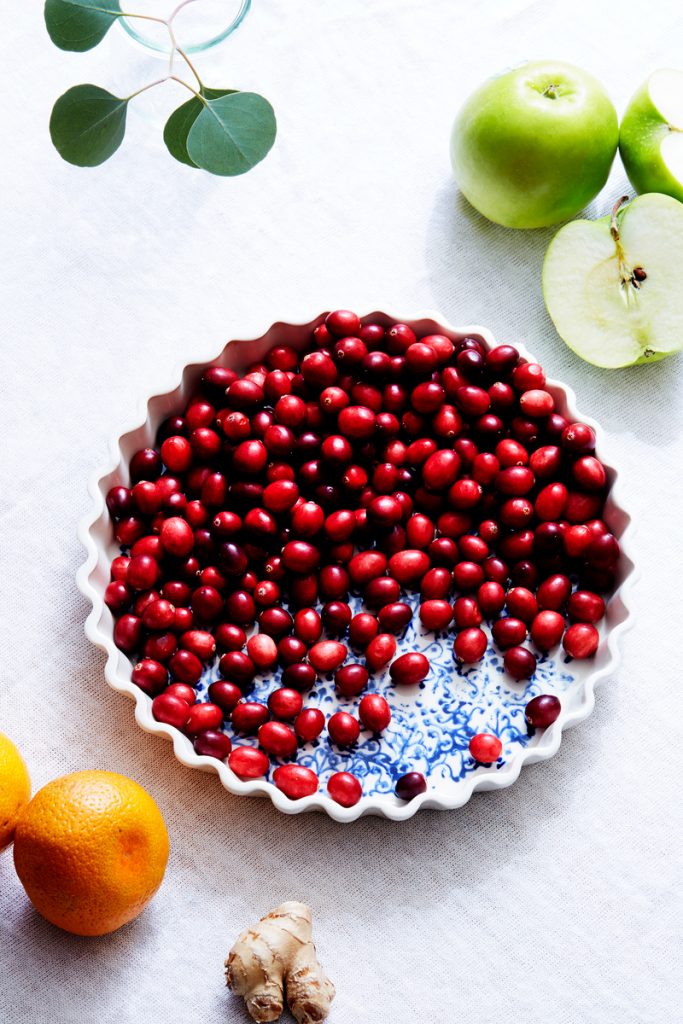Being a woman is the BEST in my opinion and you couldn’t pay me Beyonce’s annual salary for the rest of my life to trade places with a man. It’s no secret that those of us who have female reproductive organs deal with a handful of less-than-pleasant symptoms month in and month out. Instead of turning to pharmaceuticals in these moments of hormone-induced anguish, I’ve found support and relief through natural herbs and supplements. They are each proven to remedy the common discomfort and irritability that occasionally come along with owning a uterus and vagina.
Featured image of Carrie Barber by Teal Thomsen.

Oftentimes, we can avoid pharmaceuticals and heal directly from what the earth naturally gives us. My personal vow when suffering from a health discomfort, with all due respect to modern medicine, is to always try and heal naturally first. Having these remedies on hand makes it easy.
Give it a shot! But remember, everyone and every body is different, vastly complicated, and constantly changing. If something doesn’t feel right, or you would rate your symptoms as more than a common discomfort, please seek treatment from a health provider to ensure all is well.

Lauren Zielinski is a certified nurse-midwife with over 11 years of experience in women’s health and birth. She studied medicine at The University of Colorado-Denver with a focus on community health and birth center work.

5 Best Natural Herbs for Women’s Health
Ginger
Use for: Nausea, vomiting, or upset stomach
How it works: Ginger works as an anti-spasmodic (slows down the intestinal tract) when it’s irritated and contracting. This is what causes nausea and vomiting, as well as decreased production of gas—which helps cut that bubbly, upset tummy feeling.
Tips for taking ginger: Taking a tablespoon of ginger syrup is my personal favorite. Make sure you get the kind from a health food store for stomach upset—not the kind for cocktails. It does an excellent job coating the stomach and intestines, and I notice instant relief when I have a stomach ache. You can also drink fresh and natural ginger tea, or chew on the crystallized ginger chews. Look out for processed sugary chews—the more raw and whole, the better.

Peppermint
Use for: Bloating and gas
How it works: Similar to ginger, peppermint is also an anti-spasmodic and intestinal relaxant. It’s also good for nausea and vomiting. Peppermint works by allowing food, swallowed air, or built-up gas to pass through the intestines more easily—relieving you of painful bloating and gas faster than if left alone.
Tips for taking peppermint: Chew on a mint leaf (or two). Chewing on fresh mint leaves and swallowing is a potent way to use this powerful herb. You can also drink fresh and natural peppermint tea.

Chaste Tree Berry (aka Vitex)
Use for: Mood swings and period-related irritability
How it works: Vitex is thought to balance hormones. Some research says vitex reduces the secretion of a hormone called prolactin and works to balance high levels of estrogen and progesterone, which go up and down during your cycle. Reducing hormonal swings reduces mood swings, making this time of the month a little easier.
Tips for taking vitex: Take 240 mg by mouth every day. Research has shown that using vitex through three cycles (three months) helped relieve PMS symptoms in 50% of the women studied. Using either a tincture or a capsule will do. Try vitex for at least three months straight to determine its effectiveness for you. Because herbs are more gentle and natural than pharmaceuticals, they can take a bit longer to produce noticeable results.

Red Raspberry Leaf
Use for: Menstrual cramps & heavy periods
How it works: Red Raspberry leaf is a longtime friend of females and the uterus. It contains an alkaloid called fragrine that relaxes and tones the uterus, causing cramps to hurt less. It also contains tannins that strengthen the uterus and helps stop heavy or irregular bleeding.
Tips for taking red raspberry leaf: Drinking red raspberry leaf tea is the most comforting and easiest way to get this herb into your system. You can use it symptomatically when you have a bad period from time to time (drink it every day of your cycle).
For chronic heavy bleeding and pain, brew a strong batch (10-15 teabags in a large pot of water) and let cool in a pitcher in the refrigerator. Add it to your water bottle every day of your cycle before you head out the door.

Cranberry
Use for: Frequent urinary tract infections (UTIs). Note: cranberry does not treat a UTI you already have, although it does aid in clearing an infection when used with antibiotics. Take daily cranberry supplements if you’re a woman who suffers from frequent UTIs, as they have been proven to prevent infection.
How it works: Cranberry changes the way bacteria “sticks” to your urinary tract, which is a part of what causes a UTI.
Tips for taking cranberry: Because it can be hard to drink cranberry juice every day, I recommend taking oral cranberry supplements. You can snag these at the health food store or online. Take 800 to 1,600 mg per day by mouth. If you do choose the cranberry juice route, get the most natural and pure version you can find. Skip the “cranberry juice cocktail” as it’s often watered down and chock full of sugar. The natural juice is often in glass bottle form and is very tart. Drink 10-16 ounces per day.






